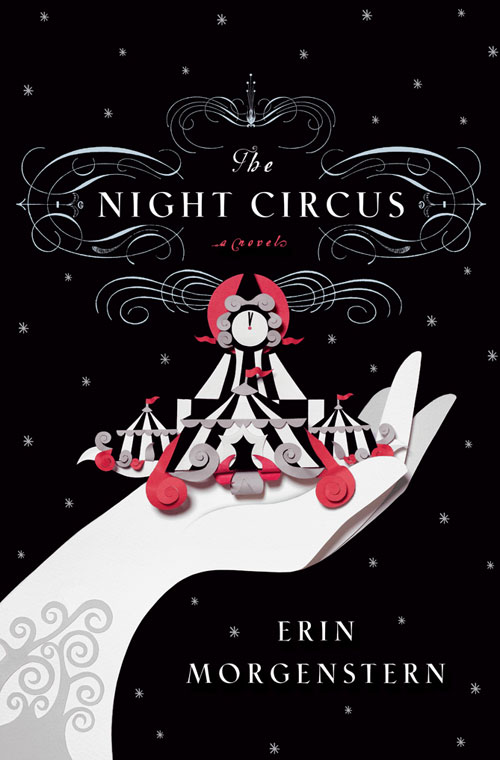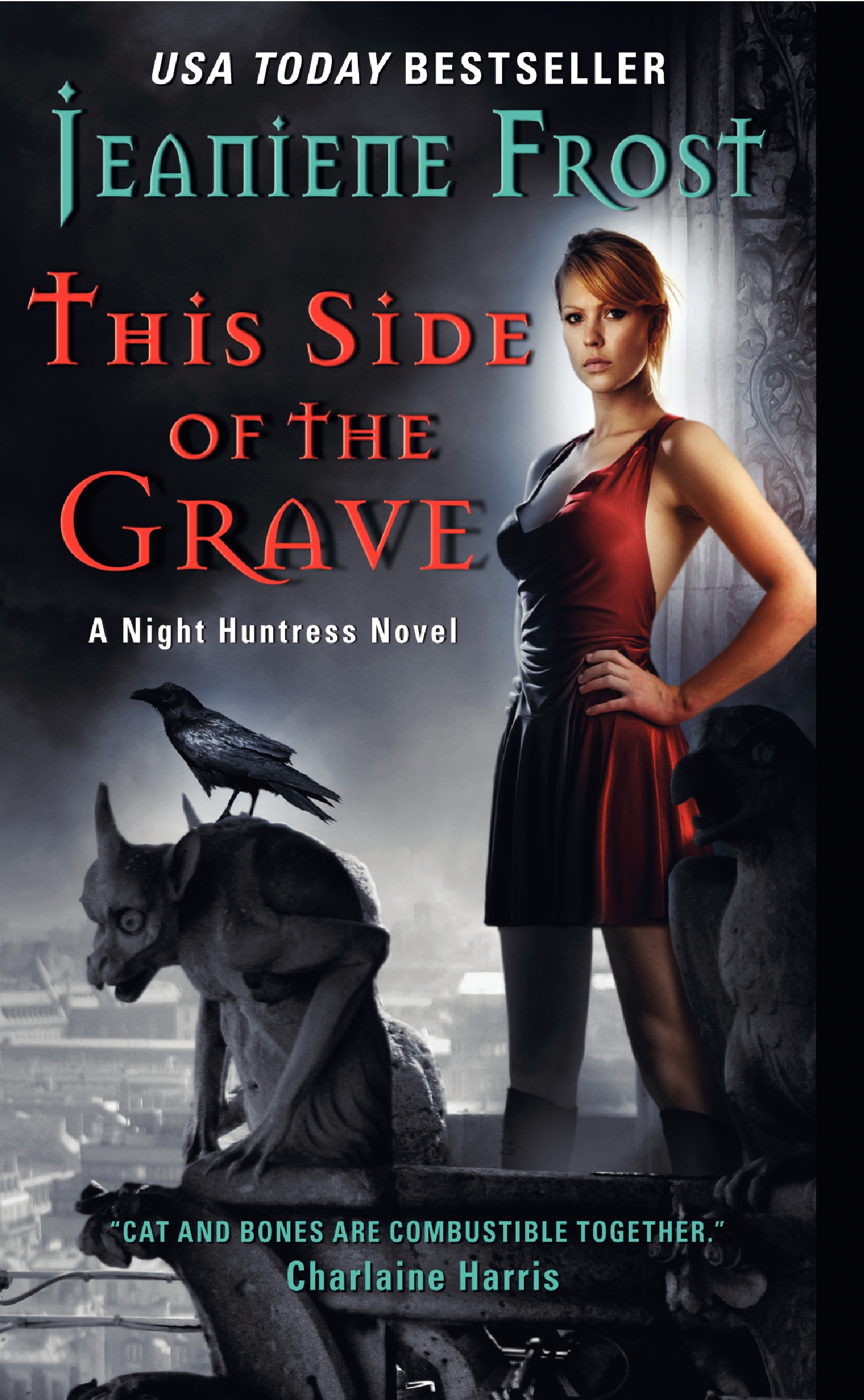The Night Circus is about a circus that was originally built a a venue for a competition between two magicians--Celia and Marco. Both were raised to compete, each taught magic, but each following a very different school of thought. But as the competition carries on, the circus takes on a life of it's own, becoming home, refuge, and dream for it's inhabitants and it's visitors. Celia and Marco continue to fall in love and make magic, even as the competition looming over them threatens the circus.
Positive Comments:
In past reviews I've written a great deal about books that are plot driven vs. character driven, and how I usually prefer plot driven (with some notable exceptions). This book is something else entirely. It's setting driven. The circus almost becomes a character unto itself, with a personality and flaws and conflict that allows it to change over time. As a reader, I became deeply immersed in the circus, which is described so brilliantly that it appeals to all of your senses. I felt like I could smell the bonfire, hear the circus music, and oh my goodness the food--I have an as yet unfulfilled desire for a caramel apple that I blame on this book.
All that said, the characters themselves are somehow less vibrant and important, although their stories are still interesting. I find myself thinking of the lot of them as secondary characters, because they aren't as well developed and because the circus stands out to such a large extent. I found myself invested in Celia and Marcos romance, which progresses through magic and involves a great deal of longing and waiting. I was also interested in the story of the twins, Poppet and Widget, and their friend Bailey, and how their story would ultimately unfold. The list of characters just goes on from there. I liked watching how such very different people came together to create the circus, and how, after taking on a life of it's own, it managed to reshape each of their lives.
Critical Comments:
I don't have any complaints: I loved this books. I have...cautions for potential readers.
1) The plot moves slowly. The plot doesn't have a lot of logic behind it. It's a book about magic and the plot is magic driven. If you like a fast paced, clear cut plot, this isn't for you.
2) No, it's not a romance. It's more of a fantasy, and it's a fantasy based on a magical place that remains largely mysterious right up and to the end. The romance is secondary to the circus itself.
3)Try to read it in one sitting, or a few sittings. It's a book that's just begging for you to get sucked into the setting--as I said above, it's a sensory experience. But you won't be able to appreciate it if you have to keep getting interrupted--I made that mistake at first. Save this one for when it can have your full attention.
This is a brilliant book. Easily one of the best reading experiences I've had in awhile. I recommend checking it out. 4.5 stars.






